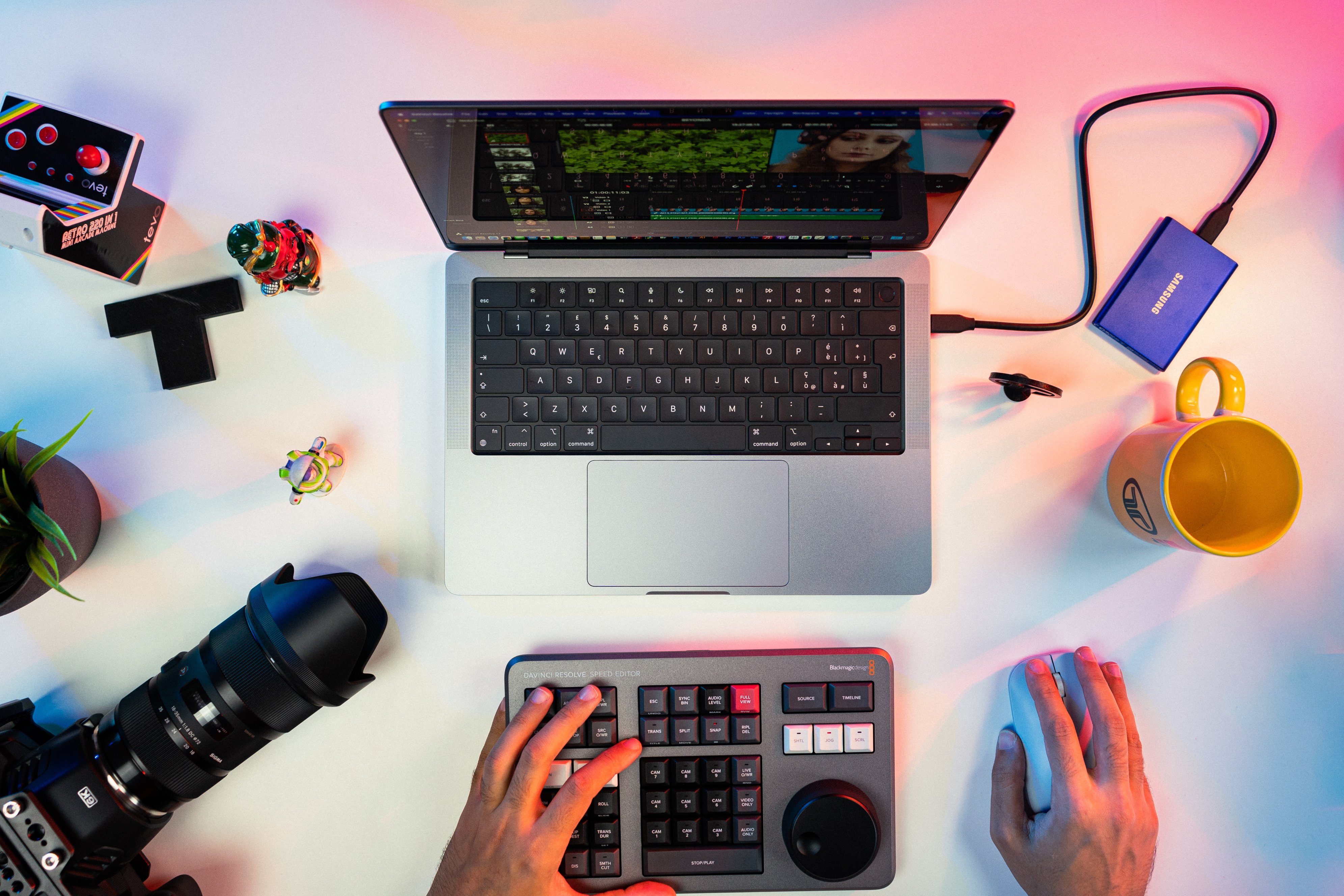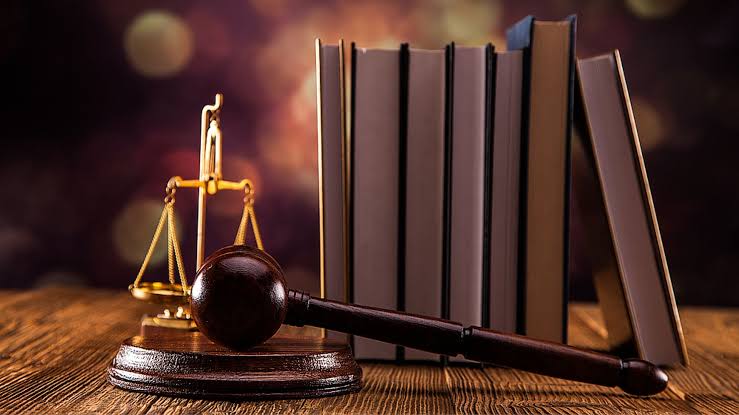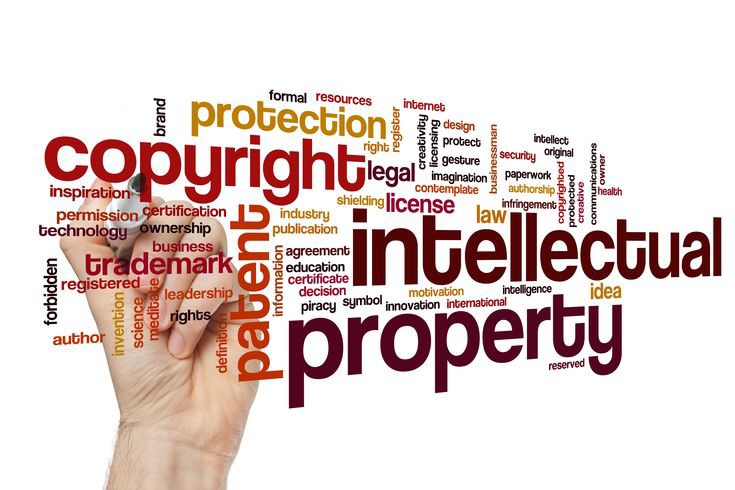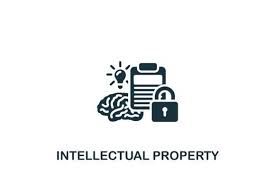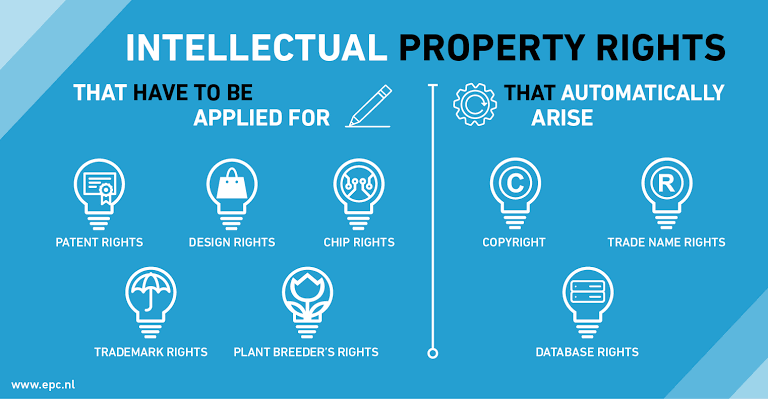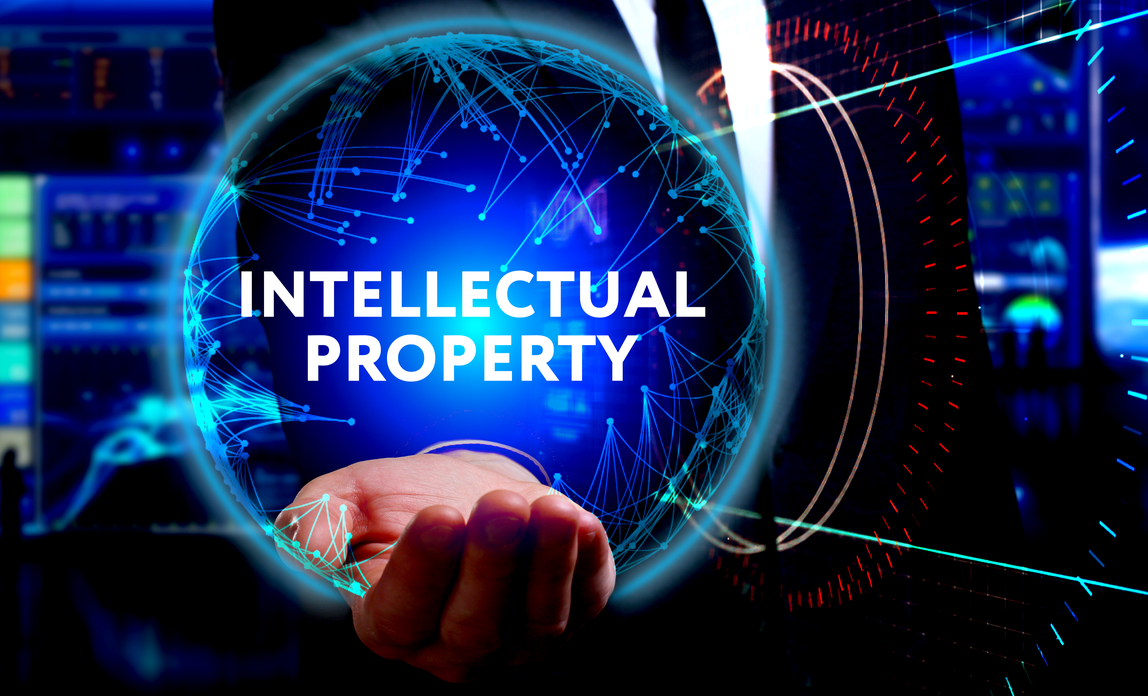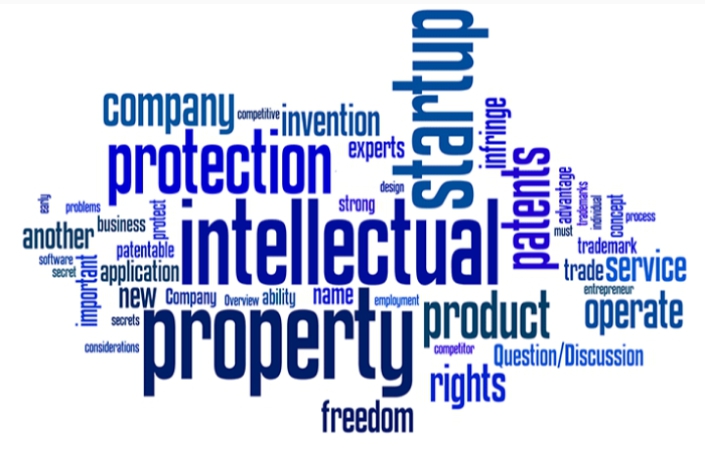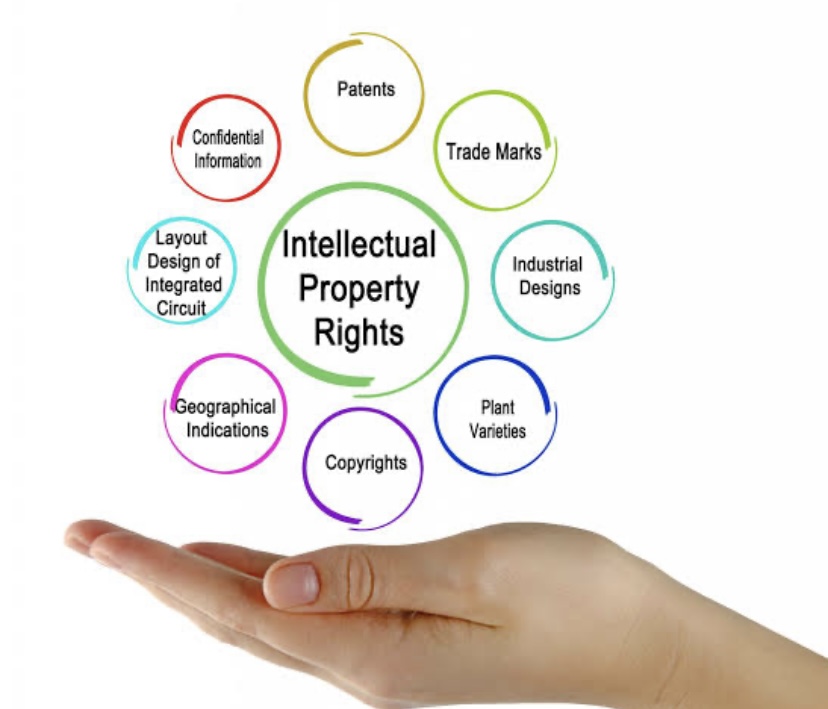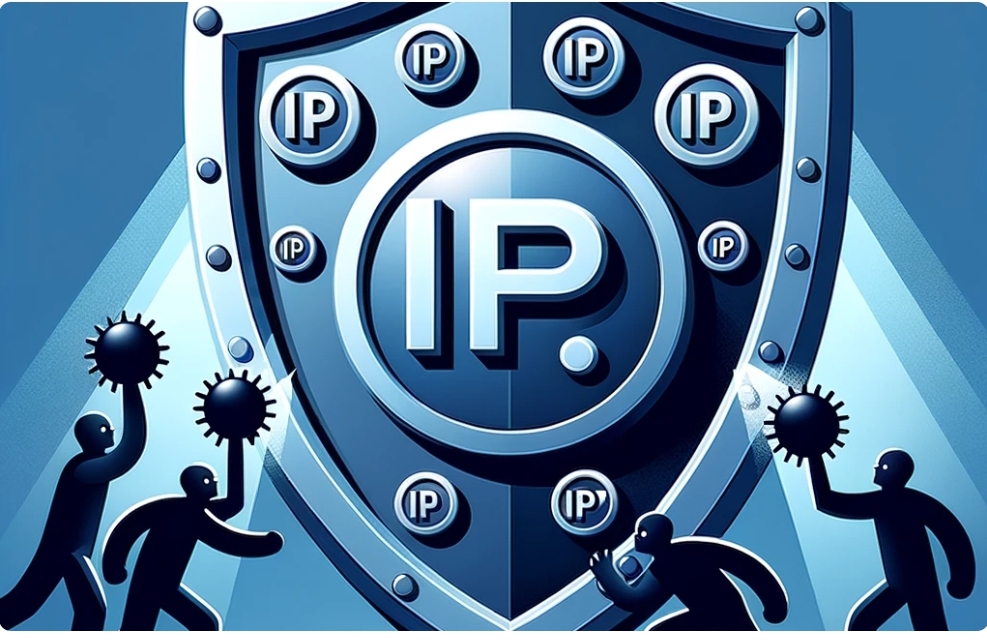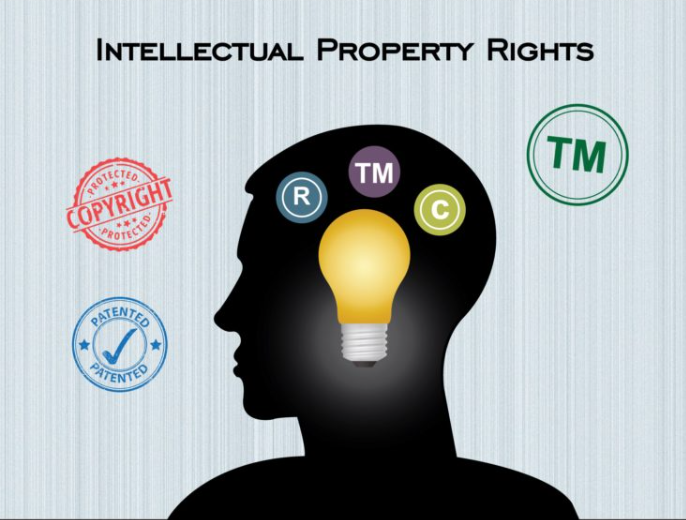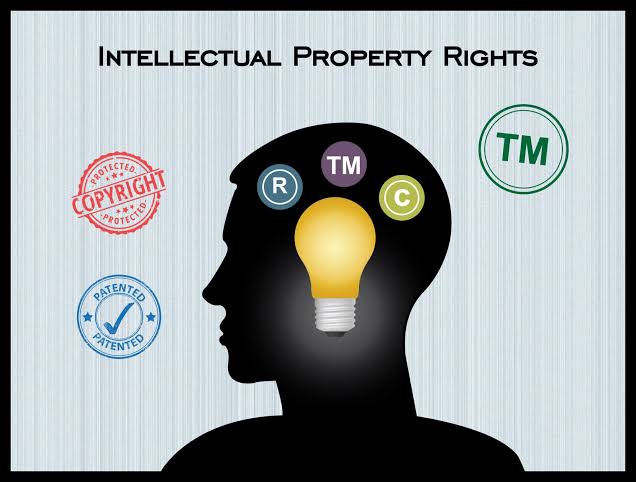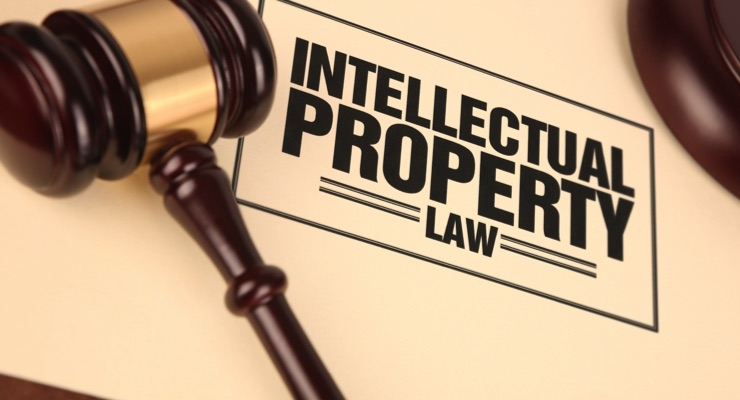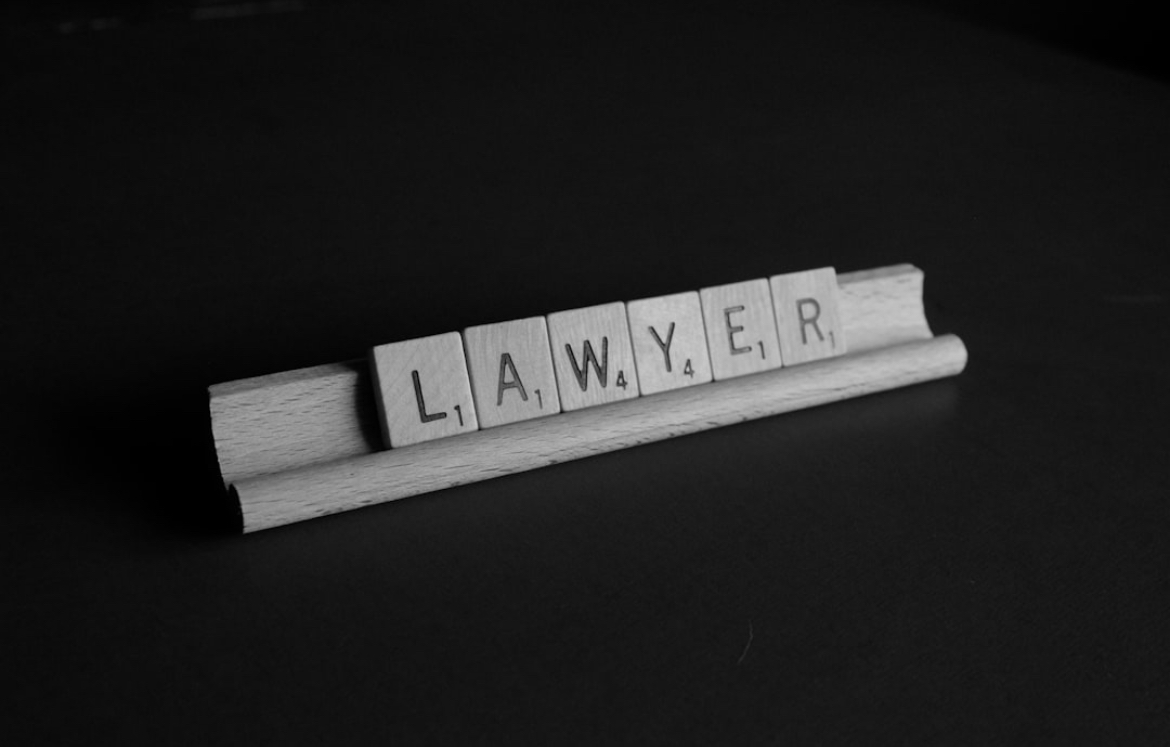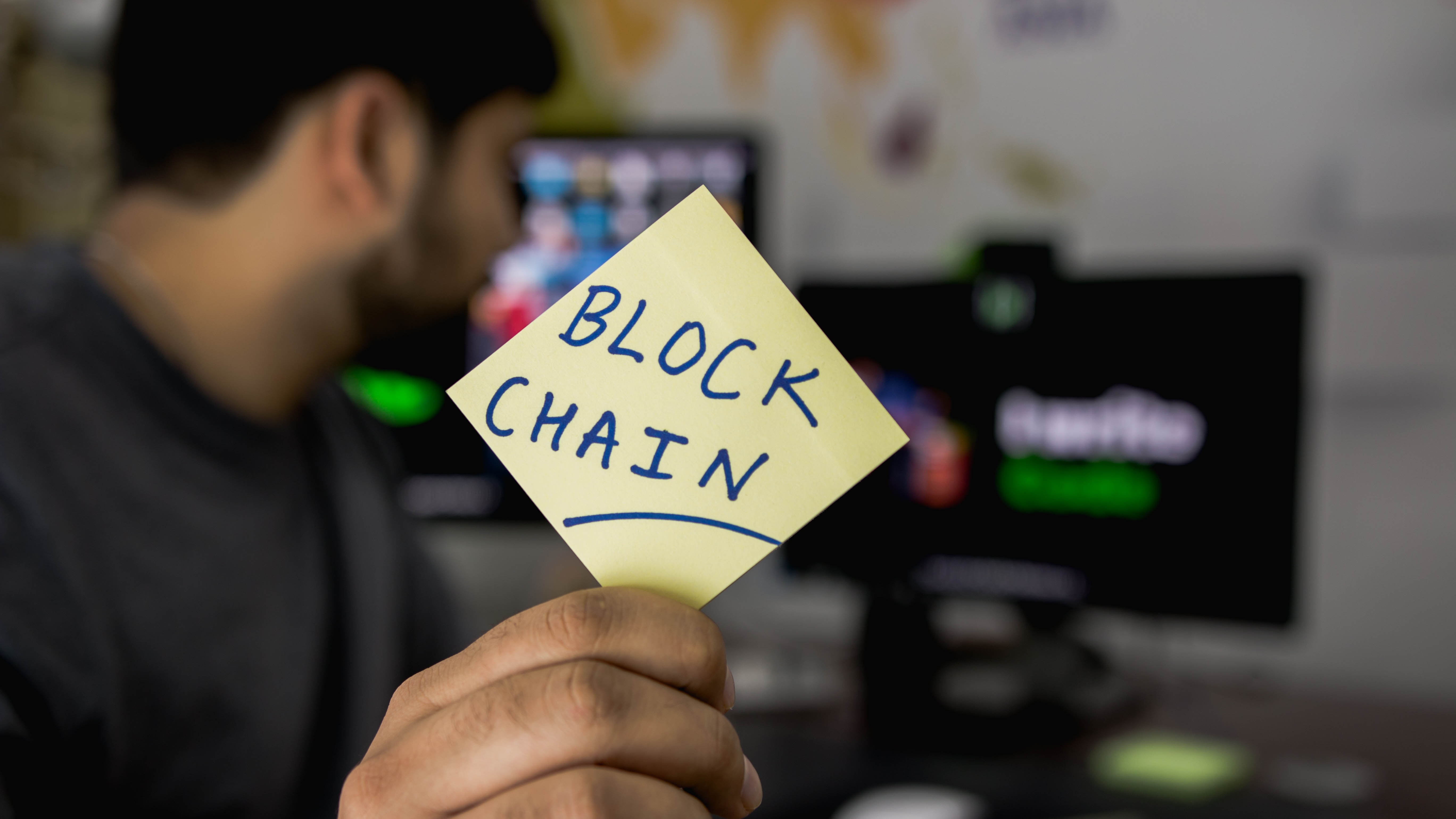
Intellectual property (IP) law has traditionally been concerned with protecting the rights of creators and innovators over their works and inventions. However, the rapid development of emerging technologies like artificial intelligence (AI) and blockchain has created new challenges for IP law.
These technologies have the potential to fundamentally transform the way we create, distribute, and consume intellectual property, and are raising new questions about how we should protect and regulate these creations.
One of the key issues arising from the use of AI in IP law is the question of proprietary rights for AI-generated content. As AI becomes more advanced, it is increasingly capable of generating creative works like music, art, and even literature. However, the question of who owns the rights to these works is still a matter of debate.
Under current IP law, copyright and other proprietary rights are granted to the creators of original works. However, in the case of AI-generated content, it is not always clear who the creator is. Some argue that the owner of the AI technology should be considered the creator, while others argue that the human programmers or users of the AI should be considered the creators. This raises important questions about the legal personality of AI, and whether or not it should be granted proprietary rights.
In some jurisdictions, there is a growing debate towards granting legal personality to AI. This means that AI systems can be treated as legal entities with certain rights and responsibilities, including the right to own and license proprietary rights over their creations. However, this approach is not without its challenges, and there are concerns that it could lead to a number of unintended consequences.
One potential issue with granting legal personality to AI is that it could make it more difficult for human creators to protect their own rights. If AI systems are given the same legal status as human creators, it could create a situation where human creators are effectively competing with their own creations for recognition and legal protection. This could lead to a loss of incentives for human creativity, and could ultimately harm innovation and progress in the arts and sciences.
Another potential issue with granting legal personality to AI is that it could create new forms of liability and responsibility. If AI systems are treated as legal entities, they could be held responsible for their own actions, and could be subject to legal liability for any harm or damage caused by their creations. This could create new challenges for regulators and policymakers, who would need to develop new frameworks for regulating AI systems and ensuring that they are used responsibly.
Despite these challenges, there are a number of potential benefits to granting legal personality to AI. For one, it could make it easier to license and distribute AI-generated content, which could in turn lead to new opportunities for creativity and innovation. It could also provide a more stable and predictable legal framework for businesses and individuals working with AI, which could help to spur investment and growth in the industry.
Another important issue to consider is the possibility of infringing on existing IP rights when using AI to generate content. For example, if an AI algorithm is trained on a copyrighted work and generates a new work that bears similarities to the original, there may be a copyright infringement issue. In such cases, it may be challenging to determine who is liable for the infringement, as it is not always clear whether it is the human programmer or the AI system itself that is responsible.
Blockchain technology is built on the principles of decentralization, immutability, and transparency. This technology can be used to create tamper-proof records of IP rights, such as patents, trademarks, and copyrights. By creating a decentralized and transparent record of IP rights, blockchain technology can prevent unauthorized use, infringement, and counterfeiting of IP rights.
One of the most significant benefits of blockchain technology is its ability to provide a permanent and immutable record of IP rights. This technology can create a digital signature that can be used to verify the authenticity and ownership of IP rights. Blockchain technology can also provide a secure and transparent platform for licensing, sale, and transfer of IP rights. By using blockchain to create a decentralized registry of ownership and licensing rights, it could be possible to more easily track and manage the distribution of digital content. This could help to reduce piracy and copyright infringement, and could provide a more efficient and transparent system for creators and distributors to manage their IP assets.
However, one of the most significant issues that arise with the use of Blockchain in IP is the question of ownership. While Blockchain can help establish the ownership of IP assets by recording their history, it does not necessarily provide legal ownership.
Ownership of IP rights is a legal concept that is recognized by the law, and Blockchain technology cannot replace the need for legal frameworks. Therefore, it is essential to ensure that the legal ownership of IP rights is clearly defined, and that Blockchain is used to complement the legal framework, rather than replace it.
Another issue that arises with the use of Blockchain in IP is the question of privacy and confidentiality. While Blockchain is designed to be secure, the decentralized nature of the technology means that data is stored on a distributed ledger that can be accessed by anyone. This can be problematic for IP owners who want to keep their creations confidential.
To address the issue of privacy and confidentiality, private blockchains can be used to protect the privacy and confidentiality of IP assets. Private blockchains are only accessible to authorized users, and the data is encrypted to ensure that only those with the appropriate access can view it. This can provide a secure way to store and share IP assets without compromising their privacy.
Another iissue that arises with the use of Blockchain in IP is the verification of IP assets. While Blockchain can provide an immutable record of an IP asset's history, it does not necessarily verify the authenticity of the asset. Therefore, it is essential to ensure that the IP asset is authentic and that it has not been duplicated or counterfeited.
A possible solution to the issue of verification of assets is the use of digital fingerprints to verify the authenticity of IP assets. A digital fingerprint is a unique identifier that is assigned to an IP asset, and it is recorded on the Blockchain. This can help ensure that the IP asset is authentic and that it has not been duplicated or counterfeited.
In conclusion, emerging technologies such as AI and blockchain have the potential to revolutionize the way we think about IP law, but also present a number of complex legal issues that must be addressed. While there is still much debate and uncertainty around the issue of proprietary rights for AI-generated content, it is clear that the law must adapt to keep up with technological advancement.

